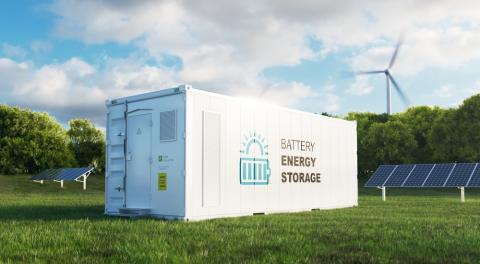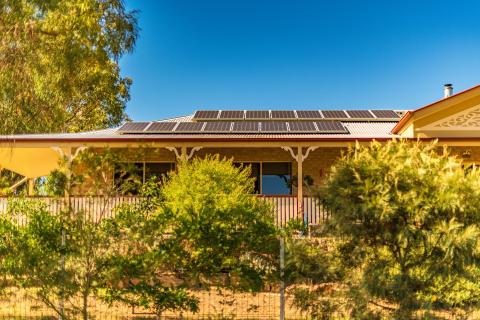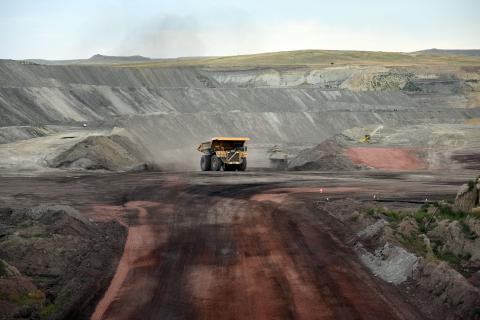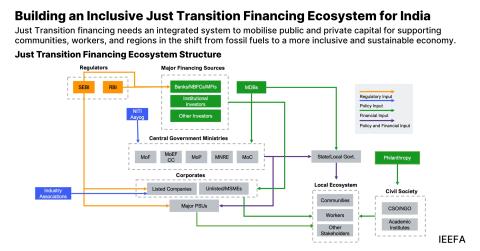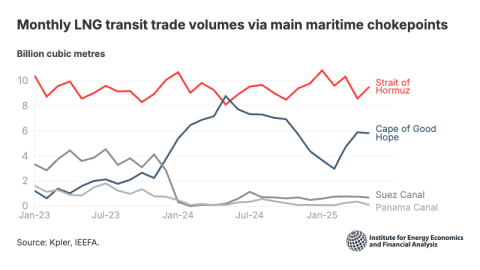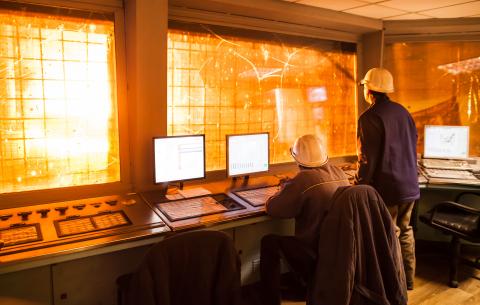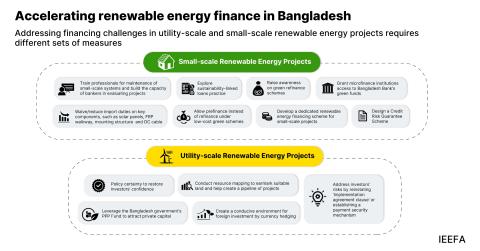Rethinking the Grid: Personal Power Stations, in Your Garage
Imagine That Instead of Myriad Electrical Wires Joining Our Houses We Lived Off Battery-Stored Solar Power …
The electricity grid is an aging beast, but not so old that it’s frozen in time.
The grid as we know it typically operates by tapping several different power sources and by keeping some back-up on the side just in case. Oddly enough, it runs with virtually zero storage capacity, but that’s only because large amounts of electricity are difficult to store. This is a technological challenge, to be sure, but that’s only because it’s never been seriously addressed.
Until now.
Entrepreneurs worldwide today are raising a question that goes something like this: What if we decided to think outside our box and imagine that instead of myriad electrical wires joining our houses, we got our household electricity from rooftop solar panels instead? And what if those panels pumped electricity into an array of batteries in our garages next to the workbench? Or into an electric vehicle that had the capacity to store that power and send it back into our homes?
The energy requirements of a utility company are vastly different than the needs of a house, of course, but we’re not talking about utility companies. What we’re talking about is what makes sense: Tackling the storage challenge on a smaller-than-utility scale—house by house.
GTM Research is already onto this notion, and has said recently that it expects home battery storage to grow into a $1 billion industry by 2018. That’s only three away, but the trend is already taking root as small storage systems come online now. Solar City, one of the big U.S. solar-panel installers, offers battery storage for home use now. Here’s Solar City’s pitch: “A cost-effective, wall-mounted storage appliance that is small, powerful and covered by a long lasting full 10 year warranty.”
What’s not to like about a new front in energy technology that turns homes into micro-grids?
It’s not going to happen en masse overnight, and there will still be a need for large-scale utility generation. Industrial users, especially, are probably going to be better off relying on a traditional grid system. And for renewable energy to take hold on a truly massive scale, too, viable battery storage is needed, which is is where technology is making exciting strides. While lithium ion batteries have taken center stage, other less sexy technologies are being employed with success. If lithium ion batteries are the Teslas of the energy-storage world, flow batteries are the pick-up trucks, hard working and reliable. Lead acid batteries, too, are gaining traction.
Notes of interest on this point—and related thoughts—from Navigant Research:
- “Flow batteries have been shown to excel at long-duration energy storage applications and advanced lead-acid batteries have proven to be excellent performers in power-intensive applications.”
- “The annual revenue of cell sales for advanced batteries for utility-scale applications will grow from $221.8 million in 2014 to $17.8 billion in 2023.”
- “The annual energy capacity of advanced batteries for utility-scale energy storage applications will grow from 412 megawatt-hours in 2014 to more than 51,200 megawatt-hours in 2023, at a compound annual growth rate of 71 percent.”
Meanwhile, BMW is partnering with two other big companies, Bosch and Vattenfall, to explore how to repurpose used electric-vehicle batteries into grid-storage packs. (An EV battery apparently can have as much as 70 percent of its storage capacity still intact after its automotive life.) Nissan has entered into a deal with Endesa, a Spanish utility behemoth, that lets motorists sell the unused power stored in their electric vehicles back into the grid.
The point is that the grid as we know it doesn’t have to be run the way it has always been run. And the innovation that is taking place now suggests that in the not-so-distant future it won’t be the same beast that it is today.
Deborah Lawrence is an IEEFA energy consultant and founder of Energy Policy Forum.

